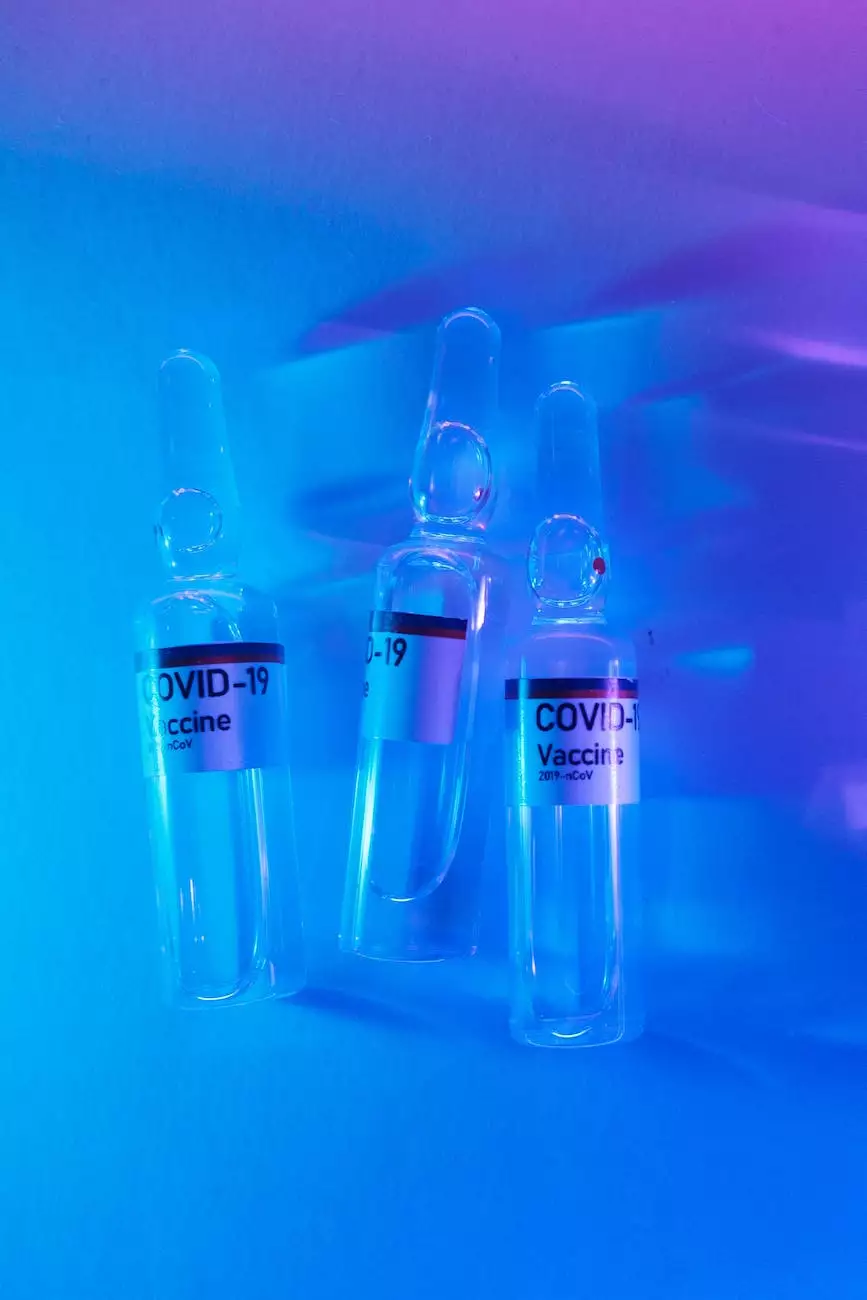Liver Cancer

Understanding Liver Cancer and Its Types
Brandt Debra S MD is committed to providing comprehensive information on liver cancer, a serious health condition affecting millions of individuals worldwide. Here, you will find valuable insights into the various types of liver cancer, including hepatocellular carcinoma (HCC), cholangiocarcinoma, and angiosarcoma.
Hepatocellular Carcinoma (HCC)
Hepatocellular carcinoma, the most common type of liver cancer, originates in the main liver cells, known as hepatocytes. This aggressive and potentially life-threatening cancer can be caused by various factors, such as chronic hepatitis B or C infections, excessive alcohol consumption, obesity, and certain genetic conditions. Early detection and prompt treatment are crucial for improving the prognosis of HCC.
Cholangiocarcinoma
Cholangiocarcinoma, also referred to as bile duct cancer, develops in the cells lining the bile ducts within the liver. This type of liver cancer can obstruct the normal flow of bile, leading to jaundice, abdominal pain, and other complications. It is essential to recognize the symptoms early on and seek medical attention for timely diagnosis and treatment.
Angiosarcoma
Angiosarcoma is a rare form of liver cancer that begins in the blood vessels of the liver. It tends to grow quickly and can metastasize to other parts of the body. Although it is a challenging cancer to treat, advancements in medical science and personalized treatment approaches are improving the outcomes for individuals diagnosed with angiosarcoma.
Recognizing the Signs and Symptoms
Early detection of liver cancer significantly increases the chances of successful treatment. Therefore, it is important to be aware of the common signs and symptoms that may indicate the presence of liver cancer. These include:
- Unexplained weight loss
- Loss of appetite
- Abdominal pain or swelling
- Jaundice (yellowing of the skin and eyes)
- Fatigue and weakness
- Nausea and vomiting
If you experience any of these symptoms, it is vital to consult a medical professional for a proper evaluation and diagnosis.
Causes and Risk Factors
Liver cancer can arise from a variety of factors and risk factors, including:
- Hepatitis B or C infections
- Chronic liver diseases, such as cirrhosis
- Excessive alcohol consumption
- Obesity and metabolic syndrome
- Environmental toxins
- Family history of liver cancer
While these factors may increase the risk of developing liver cancer, it is important to note that anyone can be susceptible to this disease. Regular screenings, maintaining a healthy lifestyle, and managing underlying medical conditions are essential for prevention.
Diagnosis and Treatment Options
When liver cancer is suspected, a series of diagnostic tests may be conducted to confirm the diagnosis and determine the stage of the disease. These may include:
- Imaging tests, such as ultrasound, CT scan, and MRI
- Liver function tests
- Tumor biopsy
- Angiogram
Based on the stage and extent of liver cancer, treatment options may vary. The multidisciplinary team at Brandt Debra S MD will work closely with you to develop an individualized treatment plan, which may include:
- Surgical resection
- Liver transplantation
- Radiofrequency ablation
- Chemotherapy
- Targeted therapy
It is vital to remember that treatment options depend on various factors, including the stage of cancer, overall health, and individual preferences. The medical team will guide you through the decision-making process and provide the necessary support throughout your treatment journey.
Prevention and Lifestyle Modifications
While not all cases of liver cancer can be prevented, certain lifestyle modifications can help reduce the risk. Here are some preventive measures recommended by Brandt Debra S MD:
- Get vaccinated against hepatitis B
- Practice safe sex and avoid sharing needles
- Avoid excessive alcohol consumption
- Maintain a healthy weight
- Eat a balanced diet rich in fruits and vegetables
- Exercise regularly
Remember, implementing these preventive strategies can have a positive impact on your overall health and well-being, not just in terms of liver cancer prevention.
Conclusion
Brandt Debra S MD is dedicated to raising awareness about liver cancer and providing valuable insights into its prevention, diagnosis, and treatment options. By equipping individuals with knowledge and support, we empower them to take an active role in their health and make informed decisions. Remember, early detection and timely intervention are vital in the battle against liver cancer. Stay informed, prioritize your well-being, and reach out to our experienced medical team for comprehensive care.










